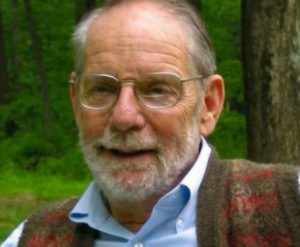From one of my all-time favorite writers of nonfiction, here are some excellent tips for all writers:
- “You can build a structure in such a way that it causes people to want to keep turning pages.”
- “Readers are not supposed to notice the structure. It is meant to be about as visible as someone’s bones.”
- “Often, after you have reviewed your notes many times and thought through your material, it is difficult to frame much of a structure until you write a lead. You wade around in your notes, getting nowhere. You don’t see a pattern. You don’t know what to do. So stop everything. Stop looking at the notes. Hunt through your mind for a good beginning. Then write it. Write a lead.”
- “The lead – like the title – should be a flashlight that shines down into the story. A lead is a promise. It promises that the piece of writing is going to be like this.”
- “I always know where I intend to end before I have much begun to write.”
- “Editors are counselors and can do a good deal more for writers in the first-draft stage than at the end of the publishing process.”
- “If I am in someone’s presence and attempting to conduct an interview, I am wishing I were with Kafka on the ceiling. I’d much rather watch people do what they do than talk to them across a desk.”
- “Display your notebook as if it were a fishing license.”
- “Writing is selection. When you are making notes you are forever selecting. I left out more than I put down.”
- “I have never published anything on a science that has not been vetted by the scientists involved.”
- “Writing has to be fun at least once in a pale blue moon.”
- “If you look for allusions and images that have some durability, your choices will stabilize your piece of writing.”
- “In short, you may be actually writing only two or three hours a day, but your mind, in one way or another, is working on it twenty-four hours a day — yes, while you sleep — but only if some sort of draft or earlier version already exists.”
- “With dictionaries, I spend a great deal more time looking up words I know than words I have never heard of — at least ninety-nine to one.”
- “If something interests you, it goes in — if not, it stays out. That’s a crude way to assess things, but it’s all you’ve got.”
- “Forget market research. Never market-research your writing.”
- “I scoop up, say, ten times as much stuff as I’ll ultimately use.”
- “Creative nonfiction is not making something up but making the most of what you have.”

I’m going to recommend his latest book, Draft No. 4: On the Writing Process, before I’ve even read it!
